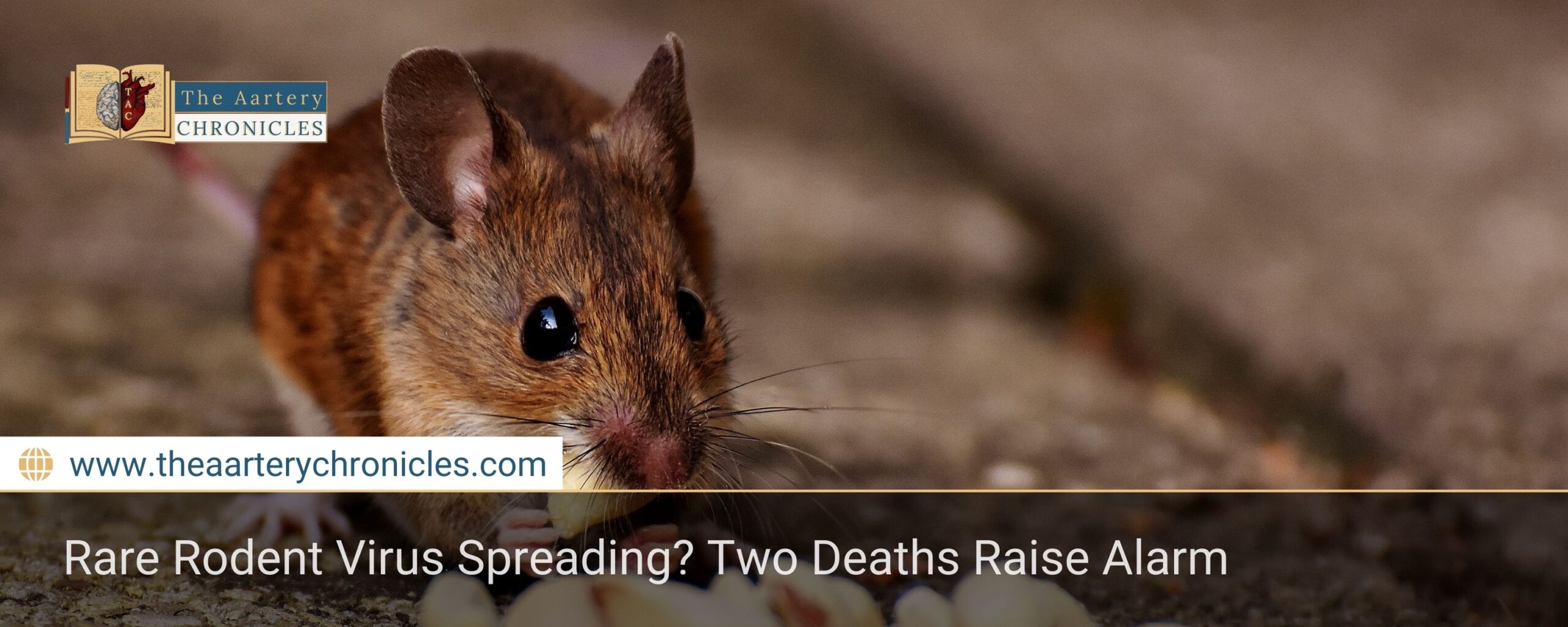

Rare Rodent Virus Spreading? Two Deaths Raise Alarm
A 26-year-old hotel worker from California has died after contracting Hantavirus Pulmonary Syndrome (HPS) — the same rare and deadly disease that recently claimed the life of Betsy Arakawa, wife of Academy Award-winning actor Gene Hackman. The young man was found dead in his home on March 6, only days after the deaths of Hackman and Arakawa.
According to reports, the hotel worker, who was also passionate about skiing, had been feeling unwell for approximately two weeks. He had even visited a hospital the night before his death, where he was given antibiotics.
What is Hantavirus?
Hantavirus is a rare but viral infection transmitted to humans through contact with infected rodents. It was first identified in the United States in the early 1990s, although cases had been occurring in other parts of the world earlier.
Different strains of the virus are found in different regions:
- In North and South America, the virus most commonly causes Hantavirus Pulmonary Syndrome (HPS).
- In Europe and Asia, it can lead to Hemorrhagic Fever with Renal Syndrome (HFRS).
Notably, the virus is not spread from person to person in most cases. Rather, it is inhaled from tiny particles contaminated with rodent urine, droppings, or saliva.
How Do People Get Infected?
Typically, people become infected when they breathe in dust containing the virus. This often happens during activities such as:
- Cleaning old sheds, barns, or cabins
- Disturbing rodent nests
- Sweeping or vacuuming contaminated areas without proper precautions
Because of this, health experts recommend wearing gloves, and masks, and using disinfectants to safely clean areas that may have rodent activity.
Symptoms of Hantavirus Infection
At first, hantavirus infection can mimic the flu. Early symptoms include:
- Fever
- Fatigue
- Muscle aches (especially in the thighs, hips, and back)
- Headaches
- Dizziness
- Chills
- Nausea and abdominal pain
However, the situation can worsen very quickly. Within just a few days, patients may experience:
- Severe coughing
- Shortness of breath
- Lungs filling with fluid
Without immediate medical attention, these symptoms can become life-threatening. Alarmingly, the mortality rate for HPS is about 38%, largely because the disease progresses so rapidly.
Why Hantavirus is So Dangerous
One of the biggest dangers of hantavirus is its speed of progression. A person may feel only mildly sick at first but can suddenly deteriorate as the lungs become overwhelmed. Thus, early recognition and urgent medical care are critical for survival.
Protecting Yourself Against Hantavirus
- Avoid sweeping or vacuuming areas with rodent droppings.
- Wear gloves and an N95 mask when cleaning potentially contaminated spaces.
- Wet down dusty areas with a disinfectant before cleaning.
- Seal up any holes or gaps to prevent rodents from entering homes or buildings.
Conclusion
The tragic deaths highlight the hidden dangers of hantavirus. While rare, this disease can be deadly if not detected and treated quickly. Therefore, it is important to stay informed, take preventive measures, and seek medical attention promptly if symptoms arise after possible rodent exposure.
Source: Inputs from various media Sources

Priya Bairagi
Reviewed by Dr Aarti Nehra (MBBS, MMST)
I’m a pharmacist with a strong background in health sciences. I hold a BSc from Delhi University and a pharmacy degree from PDM University. I write articles and daily health news while interviewing doctors to bring you the latest insights. In my free time, you’ll find me at the gym or lost in a sci-fi novel.








